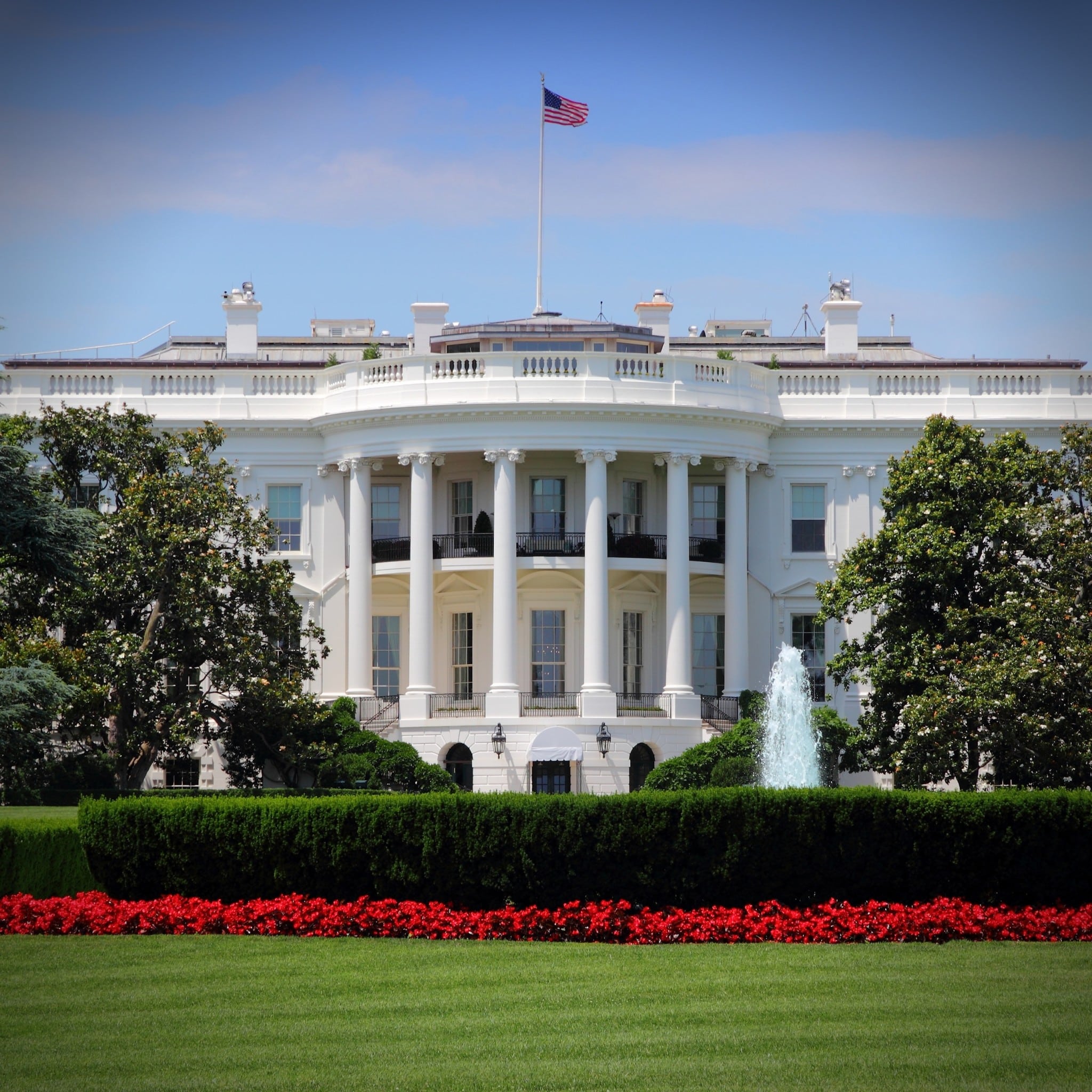
The White House is calling. The president knows your political affiliation. It doesn't matter. The White House needs your expertise in strategic communication and PR. You race to 1600 Pennsylvania Ave. A staffer ushers you into the Roosevelt Room. There’s an oblong table in the middle of the room with White House staff seated around it. A staffer at the head of the table welcomes you and asks the following: “From a PR perspective, how should we counsel the president about sitting for extended one-on-one interviews with strong journalists; people like Chris Wallace and Jonathan Swan? Journalists who challenge him and potentially hurt his image? Are these interviews helping his brand?”
Before you can answer, the staffer interrupts: “And don’t think about this question politically. How would you advise a company whose CEO is getting clobbered in the media for disastrous interviews?"
PRNEWS put this scenario to several PR pros. The news peg is obvious.
Our communicators agreed that one-on-one interviews with hard-hitting reporters are problematic. “The operative answer,” says CommCore Consulting Group president and CEO Andrew Gilman, is, “‘When you are in a hole, stop digging.’ This type of interview is not his strong suit. I would suggest that he find other forums to communicate the message.”
Jenny Wang, VP, at kglobal, agrees. She too advises against more one-on-ones. “With the majority of Americans, these interviews are hurting his brand.” The brand question is not clear-cut, though, she says. “With the president's supporters, it’s helping his brand in that they continue to see and admire him as a ‘straight-talker’ who says what others won’t.”
The Need to Engage with Media
Regardless, PR pros need to know how to handle interview requests from strong journalists. When veteran communicator Arthur Solomon knew it wouldn't help an executive to do an interview with certain journalists, “We always avoided those reporters,” he tells us. Solomon has the same advice for the president's advisors. “It's a no-win situation for the president, or any executive, to speak with a tough interviewer, because there is no such thing as a perfect interview.”
Yet company heads, presidents and CEOs, need to engage with the media. An interview, says Meredith L. Eaton, N. America director for the firm Red Lorry Yellow Lorry, “usually is a welcome opportunity to be able to address current issues, articulate policies, and shape your narrative on a public stage.”
Gilman adds: a president often “is the administration's brand." With this president, who said on the campaign trail, “I alone can fix it,” the emphasis on him is even deeper.
Social Alone
And the president’s Twitter account alone won’t suffice as media engagement. “While social media and digital content have provided a level of access to voters, there remains a strong credibility factor in true journalistic interviews,” argues Hinda Mitchell, president, Inspire PR Group. “Going into an election, demonstrating credibility is key,” Mitchell adds.
Preparation is critical, of course. “With media training, credible sources to cite, and practice on how to address opposing views and counterpoints, even the strongest journalists—while more challenging—can still provide the candidate with a great platform to get his or her message out there in an election year,” Eaton says.
Still, nearly all our communicators mention that like PR crises, every executive is different. So much depends on the executive, or president, you’re dealing with, Eaton and Gilman agree. This president seems unreceptive to media training, particularly when it comes to 1:1 interviews.
“For previous presidents, I wouldn’t have hesitated to put them in front of most journalists,” Wang says, “albeit with proper preparation and talking points.” Trump, she says, seems unwilling to follow scripts or talking points. When he follows a script, “he sounds listless and… inevitably veers very far off-course.”
Media Training
Adds Mitchell: “If an interview subject, the president or anyone else, is unable or unwilling to take coaching direction…advisors need to pause and consider the likely outcome and whether it’s better or worse than not doing [tough interviews] at all.”
In the age of social media, avoiding the hard interview can be prudent. The risks associated with a botched interview are high.
“Any missteps will be repeated for days on cable political shows or in opposition print columns and social media platforms,” Solomon says.
Mitchell and Wang point to excerpts from bad interviews. Says Mitchell, “They live on indefinitely and are posted and shared.”
Adds Wang, “The president inevitably makes a claim deemed outrageous that is then used as a soundbite everywhere.”
That’s the PR risk, Mitchell says. “One bad interview can lead to a domino effect of continued amplification of all that went wrong.”
Concludes Solomon, “Better for a client to have Chris Wallace say, as he does every Sunday [on his show], ‘We'll keep on asking Joe Biden for an interview,’ than to have an answer that can be proved wrong, or a misspoken few words, turned into a pundit attack on the candidate that might be repeated until Election Day.”
Seth Arenstein is editor of PRNEWS and Crisis Insider Follow him: @skarenstein
